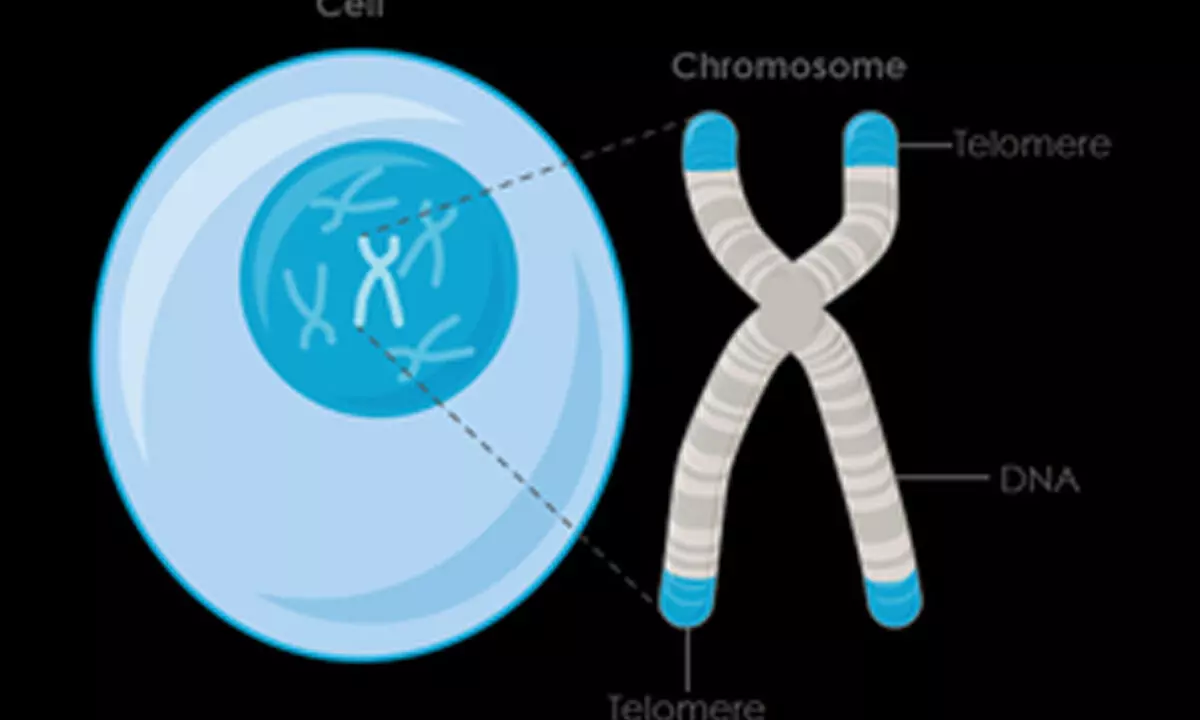Healthy eating & exercise can reverse ageing marker in obese kids: Study
Share :

Eating a healthy diet and doing regular exercise can reverse a genetic marker linked to premature ageing in children with obesity, according to a study.
New York: Eating a healthy diet and doing regular exercise can reverse a genetic marker linked to premature ageing in children with obesity, according to a study.
Like the solid segment at the end of a shoelace, telomeres protect the ends of chromosomes from fraying.
In all people, telomeres gradually shorten with ageing. Various conditions, including obesity, cause premature shortening of the telomeres.
But a six-month diet and exercise programme by researchers at the University of Stanford showed that children's telomeres -- protective molecular "caps" on the chromosomes -- were longer during the weight management programme. However, they became shorter again in the year after the programme ended, revealed the research, published in the journal Pediatric Obesity.
The discovery may help scientists understand how the biological benefits of losing weight, eating healthier, and being more physically active occur.
The findings also imply that telomere length may be a good marker for measuring the benefits of healthy dietary changes, physical activity and weight management, as changes in telomere length appeared to be somewhat independent of traditional markers such as body mass index .
The study included 158 children, all of whom were 8 to 12 years old and had obesity, defined as a body mass index, or BMI, above the 95th percentile for their age and sex.
"We saw that the recommended behaviours everyone knows about -- eating fewer high-fat or high-sugar foods and fewer calories, increasing physical activity, and reducing screen time -- can slow down biological ageing associated with obesity in children," said Thomas Robinson, Professor in Child Health and a Professor of paediatrics and of medicine.
"It's remarkable to see effects on the chromosomes with behavioural treatments," he said.
Understanding how behaviour changes to reduce obesity are biologically linked with other conditions such as heart disease and diabetes would help scientists understand how the process might be slowed or reversed, the researchers said.
"We know a lot about cardiovascular risk for adults, but for kids, we've just said 'obesity is bad,' yet we don't know, biologically, how cardiovascular risks linked to obesity start in children," said lead author David Rehkopf, Associate Professor of epidemiology and population health and of medicine.
"To have this biological measure with a strong genetic component turn out to be changeable when we give kids resources to be healthier, especially over a short period of time, was very interesting and exciting," Rehkopf said.













